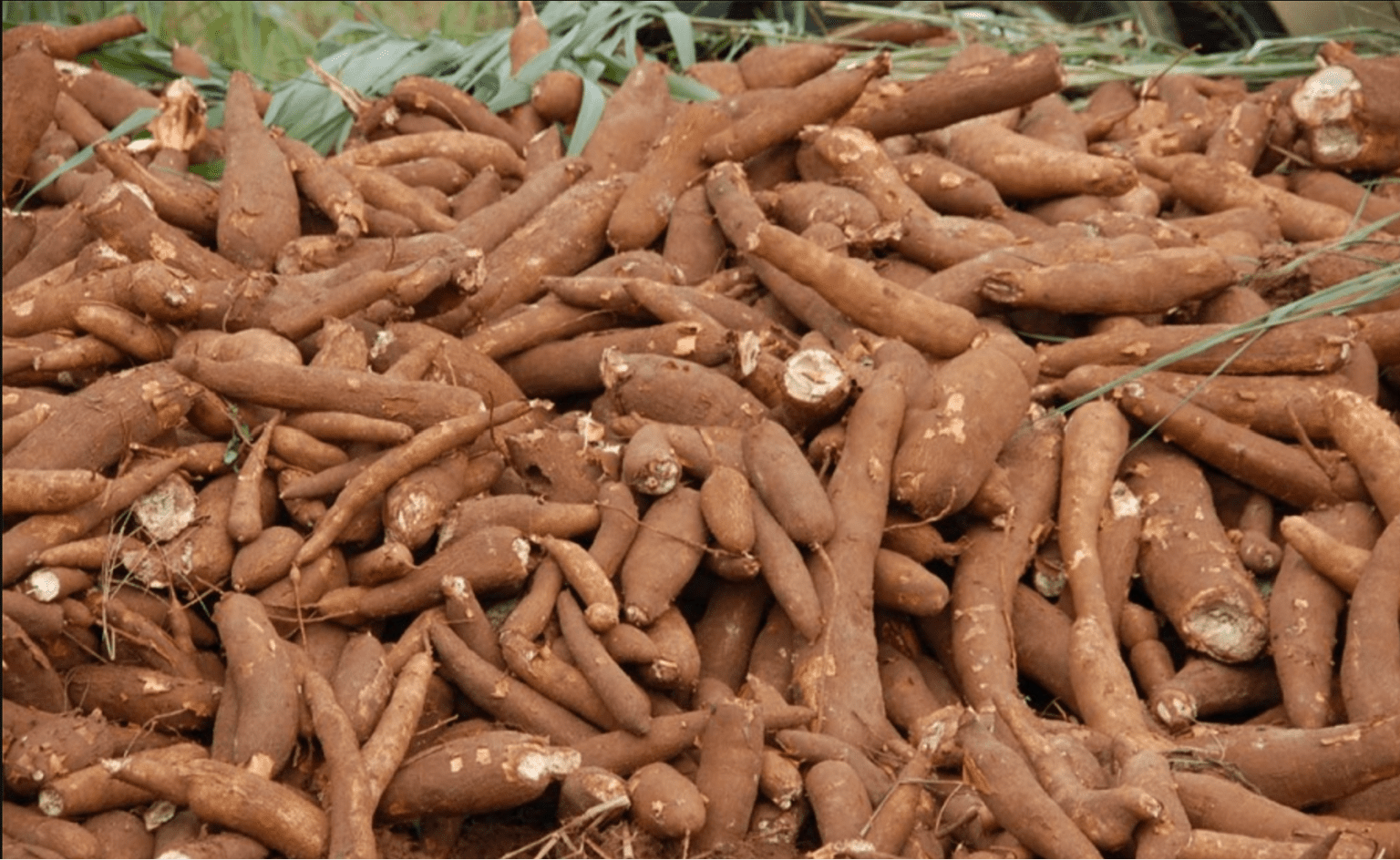If Nigeria is able to harness the various opportunities and potentials that cassava bring, the Nigerian economy will be better for it, a former National President of the Nigeria Cassava Growers Association (NCGA), Segun Adewumi, has said. Nigeria is adjudged to be the highest producer of Cassava in the world. Cassava, which has high level resistance to harsh weather, grows with rain and survives with dew can be cultivated in all parts of Nigeria. The cash crop, which has food and industrial value accounts for over 50 per cent of the food eaten in the South and the Middle Belt states of Nigeria. Food that are derived from cassava include lafun, fufu, Tapioka, starch, pupuru, garri, and others.
It also has industrial derivatives that include ethanol, industrial starch, cassava flour, glucose syrup and sweetener, among others. Adewumi said that these products are raw materials for numerous industrial items with limitless domestic and export market potentials. He informed that cassava can trigger massive industrial revolution in Nigeria to the extent that every Nigerian village will have a viable cassava industry. Adewumi noted that cassava processed into various derivatives can reduce Nigeria’s import bill by N5 trillion, stressing that massive production and milling of cassava into various derivatives for export will trigger industrial revolution that will earn Nigeria billions of dollars and restore Nigeria’s dignity as a nation.
The ex-President called on Nigerian President Bola Tinubu to beam his searchlight on cassava to see the various opportunities that can turn the economy of Nigeria around within three years. Adewumi, who proposed the establishment of a Cassava Development Commission that will design a Cassava Development Agenda for the country, however, said it will require a strong political will on the side of national government to accomplish the envisaged cassava transformation agenda. “We can consider the zeal with which Malaysia that took palm seeds from Nigeria, and transformed palm produce into an economic crop that generates more than twice what Nigeria earns from her oil. We can also consider how Ireland, net importer of dairy products, now export 90% of the dairy it produces. With this pattern of zeal backed by a strong political will, cassava can be made the mainstay of the Nigerian economy”, he said.
Adewumi further pointed out that there has to be two programmes for cassava development, but that there must be separate agenda for cassava for food security and that of cassava for industrial use. “We should know that Nigerian cassava produced by the smallholder farmers in Nigeria is the most expensive cassava in the world. For example, a tonme of cassava chips is sold for US$200 in China, but it costs the Nigerian farmer over US$400 to produce the same one ton. As it is in Nigeria, cassava cannot penetrate the world market because the practice of agriculture in Nigeria is still in the crude form. You may wish to know that some southern states that have a farming population of over two million do not have up to 10 serviceable tractors for the use of their farmers.
“Besides, it is rare to find a contiguous tractorable farmland of 100 Ha anywhere in the southern states where cassava is the main crop. Until recent times, cassava was never seen as a cash crop by the average farmer, but was used for intercropping to support the food need of the family in the off season period of yam. It was also a means by which the women generate emergency funds by turning cassava into a local food for sales, especially when the funds are required for school fees of their children. Speaking further, he said apart from benefits of food security, cassava foods especially garri can be used as means for full and gainful employment in the rural communities.



